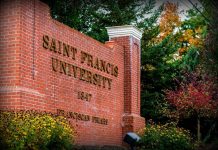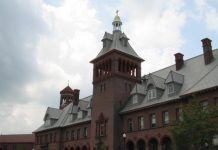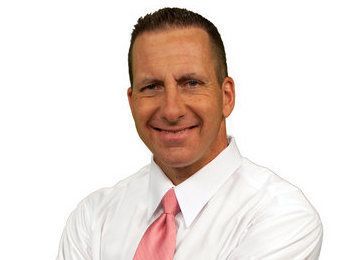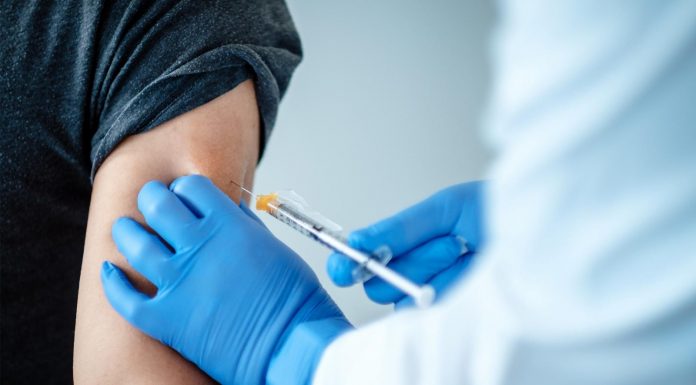By Al Gnoza
Pennsylvania Catholic Conference
In the coming weeks and months the PA Catholic Conference will be working on the issue of increasing nurse coverage at our schools. We expect to see legislation introduced to try to make that happen.
Catholic schools have always had to do more with less. Tax dollars make a big difference. You know, the property taxes we Catholic school parents have to pay for a school our kids don’t go to. But I digress. Anyway, one of the areas that our schools are doing ‘with less’ is in the area of nursing. Did you know that most Catholic schools have to make do with part-time nurses? Some are really, really part time.
I talked to one local school administrator who basically says she is the school nurse. She also does about three or four other jobs, including the one she was actually hired for: Assistant Principal. She told me that a real honest to goodness nurse does come to the school—about once a week or so to check on records.
It’s okay. The kids are being taken care of. A nurse is on call and all staff members are trained in first aid. And they do call 911 when the situation merits. But it could be better. There could be a nurse there more often.
I talked to another school that has at least one insulin-dependent child. They have a nurse that comes to the school just to give the shot. And then the nurse leaves.
What makes this frustrating is that Pennsylvania law (School Code-14-1402 Health Services) requires school districts to provide nursing services to all school age students regardless of the school they attend. The PA Department of Health spells out the law on its website:
Section 23.51 “A child in private, parochial and public schools shall be provided with school nurse services in the school which the child attends;” and Section 23.52 “The school nurse services shall be provided through the public school system and the administration of this service shall be the responsibility of the public school administrator in consultation, as needed, with the private or parochial school administrator.
School nurse services are considered to be one of the mandated services (same as examinations and screens) and include the same nursing functions as those provided to students in public school buildings, such as assessment of student health care needs, development of appropriate plans of care, medication administration, first aid and emergency care, etc. Neither the law nor regulation distinguish differences in the level of service to public vs. non-public schools.
Yes, in this case our tax dollars are actually meant to help our kids.
Once again, this is not an indictment of the care the schools provide. But if state law requires funding to be directed their way for better care….
So why is this not happening?
The Education Director for the PA Catholic Conference, Sean McAleer, says public schools are citing financial concerns for not providing nurses. He’s not buying it.
“This argument doesn’t make sense for two reasons,” McAleer said. “First, school districts are reimbursed for providing nursing services (Roughly $28 per student) whether they provide the services or not. Secondly, a school district can provide an LPN or even a medical professional to meet the school’s needs. They do not have to give private schools a registered school nurse, which would substantially cut the costs of providing nursing services.”
The PCC would like school districts to follow the law and provide the nursing services the law entitles Catholic school students to receive. This is a major safety concern for students. Once again, we will be introducing a bill in the fall which will update the school code to address the issue.
“In the end we need to come up with a mechanism by law that prevents this from happening in the future,” McAleer said. “I am not asking for a full time nurse, I am only asking for a nurse to meet the needs of the students in the private school. I do not believe this is an unreasonable request for parents that pay the school district taxes each year.”
Al Gnoza is the Communications Director of the Pennsylvania Catholic Conference.




























